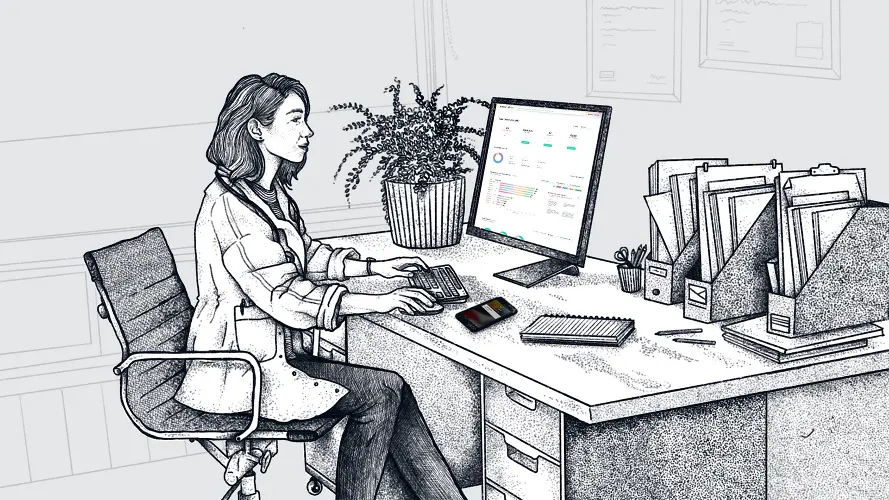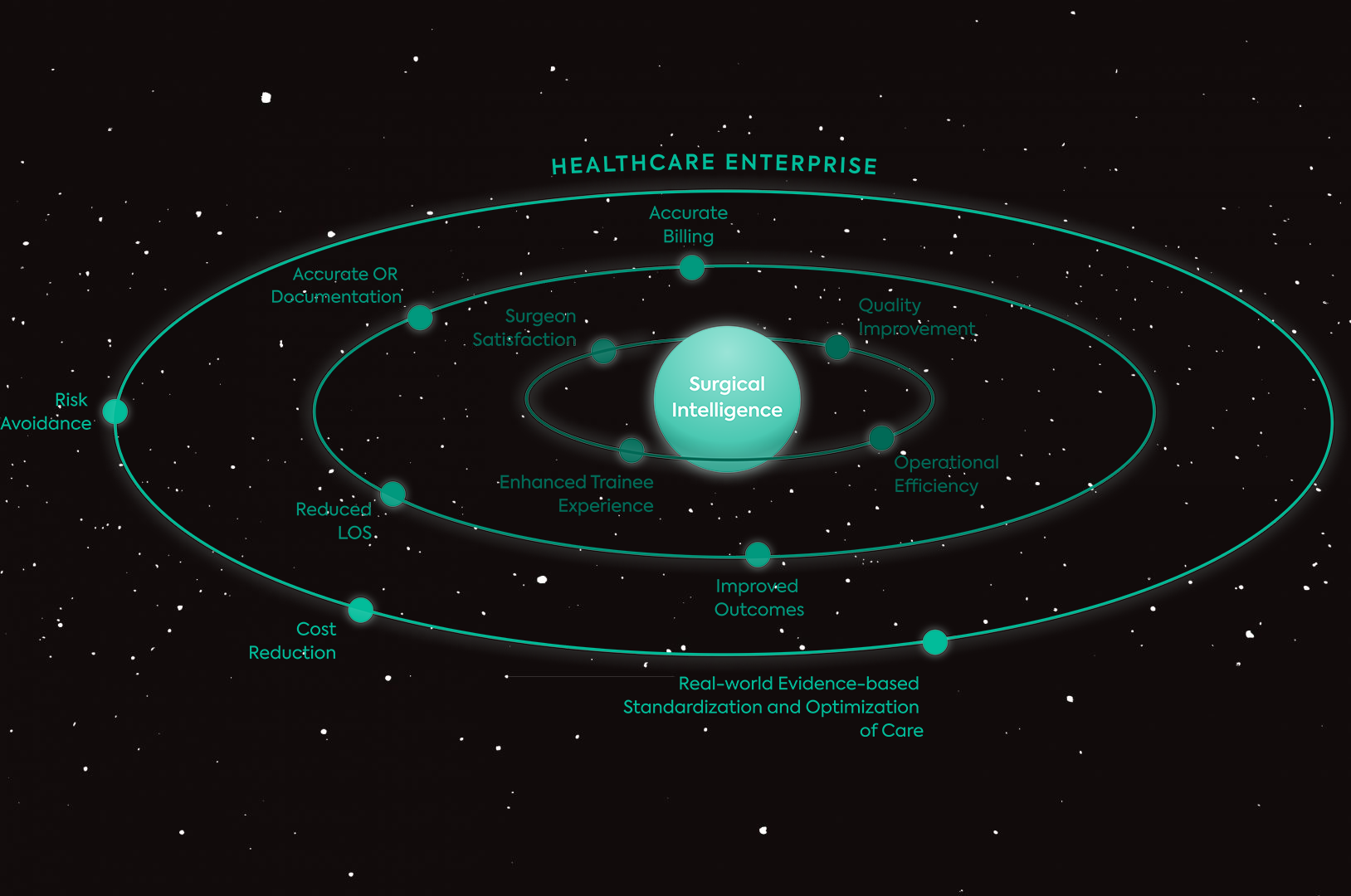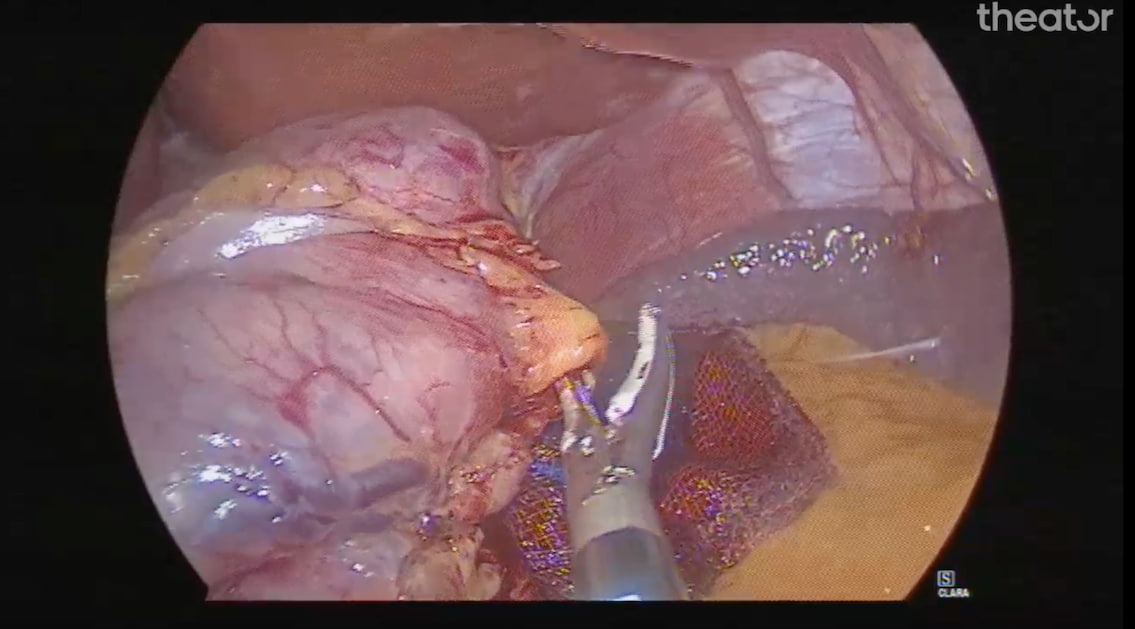Ready to Upgrade Your Operating Rooms with AI?
If you’re upgrading your OR to take advantage of the many benefits of AI technology for patients, surgeons, and healthcare organizations, don’t make the mistake of only considering how and what a particular platform records. The question of what happens to all of your recordings is just as (or maybe even more!) important as what and how you record.
Knowing why these considerations are important and how to ask the right questions before investing in technology that isn’t the right fit for your organization can save a lot of headaches and money down the road.
- Where will recorded data be stored?
- Will this sensitive data be secure?
- Will storage be onsite, or can it be cloud based?
- Will data storage cost extra, or is it included in your platform?
Data Storage
Before investing in technology to record and analyze surgical video, it is essential to consider all aspects of data storage. Surgical video is not only needed for immediate review of cases and association with post-operative outcomes, it will also be part of a patient’s medical record and stored indefinitely for record keeping and legal purposes.
This means significant storage space is needed, especially if you will be recording high-quality video. Investing in on-premises servers and managing your own storage requires considerable space and is extremely costly—averaging about $500k per year. In contrast, cloud-based storage is more secure, and eliminates the need for those costly investments.
As you can see, the question of where and how to store surgical video is going to affect the all-in price of the technology you choose. Some platforms, such as Theator’s Surgical Intelligence platform, offer unlimited cloud-based storage as part of our package. No hidden fees or need to upgrade once you’ve reached a certain point, unlike our competitors.
Data Security
Like any other identifiable patient information, stored surgical video must meet the highest privacy and security standards. In the case of surgical video, it’s also important to ensure that only the surgical field is captured in recordings to further maintain privacy of patients and staff.
One way to limit recording outside of the surgical field is to use technology that identifies and blurs out-of-body segments of surgical video. This is exactly the technology that Theator uses in our platform—with 99.5% accuracy, the highest in the industry—where privacy and security are top priorities.
Security certifications are a key indicator that a surgical intelligence platform meets industry-leading security standards. Theator is the only platform with both HITRUST and SOC2 Type 2 certifications and we are HIPAA compliant, so patients and staff can rest assured their privacy is protected.
Think Big Picture for Surgical Intelligence
Here’s the bottom line: if you’re making a large investment in a surgical AI platform, be sure to consider every aspect of the product from start to finish first. The platform’s performance in the OR is of course paramount, but it’s also crucial to consider what happens to your recorded content after each case. Otherwise, you may be left with substantial ongoing costs, and challenges that could undermine
Use our AI Technology Evaluation Checklist to help.












